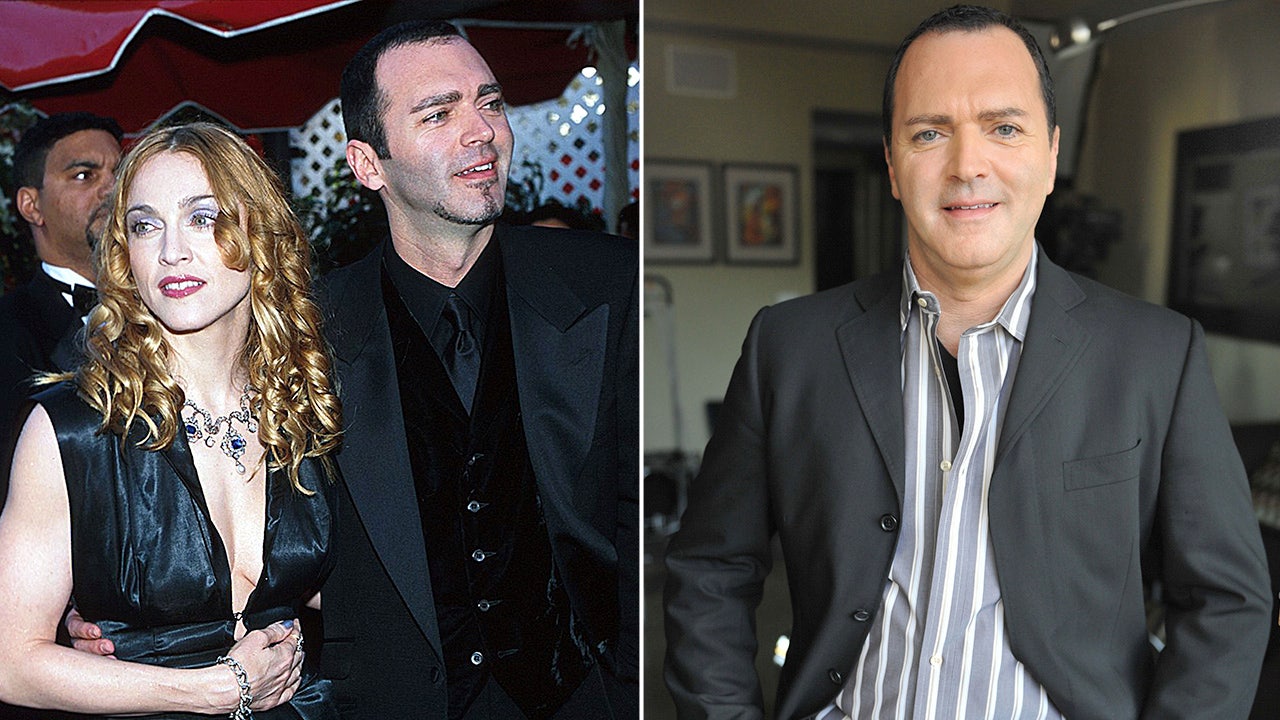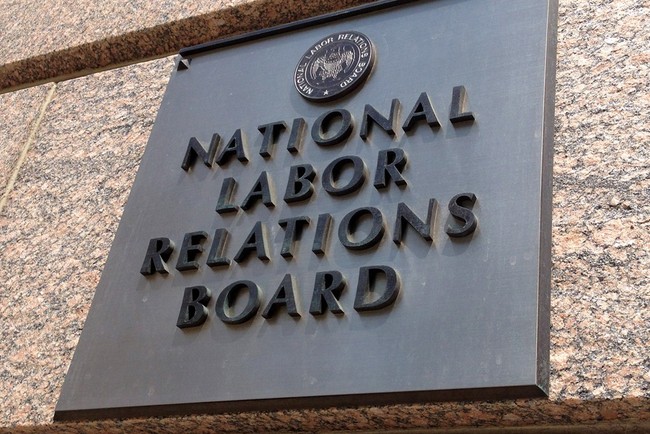Christian parents have long understood that it is their responsibility to raise their children “in the discipline and instruction of the Lord” (Ephesians 6:4). Yet today, many have entrusted this duty to a system that is rooted in secularism.
Since its birth, the modern public education system has been a seedbed of naturalistic secularism. With this foundation, it is no surprise that schools often lean heavily toward progressive, leftist ideals. Karl Marx said, “The education of all children, from the moment that they can get along without a mother’s care, shall be in state institutions.” This is a recurring theme among secularists who view the human as a
tabula rasa, or blank slate. Education and proper conditioning are their guides to achieving paradise.
Even if you don’t buy the premise above, it is undeniable that public schools have been a battleground for the left to promote its progressive views on gender and sexuality. What is a woman? What is a little boy? Who are you to tell your child that God made him male and that wearing dresses while in school, without the consent or knowledge of his parents, is unacceptable?
If private or homeschool education can provide a far superior outcome than the public education system while instilling future generations with a solidly Christian worldview, why do some Christians continue sending little Tommy and Susie to be discipled by the state?
It all boils down to a matter of priority.
For many middle-class evangelical families, two incomes seem necessary to maintain a certain lifestyle — complete with a $500,000 home in the suburbs, a white picket fence, and two cars in the garage.
Self-sacrifice should be the natural reflex of Christian parents toward their children, especially regarding education.
Of course, they’ve listened to Dave Ramsey and only maintain a single car payment. Mom and Dad both have hobbies, which they enjoy on the weekends. They go to church on Sunday, except when it’s baseball season because little Tommy made the travel league this year.
After dinner, the children spend hours on homework because having high-performing kids is a priority. Never mind the well-known failure of Common Core math and the historical revisionism that is rampant in today’s curriculum. Perhaps one of the kids will bring up something uncomfortable his civics teacher said in class. You know, the one with blue hair, tattoos, and multiple piercings; she talks about transitioning even though it has nothing to do with the subject matter. “Hmm,” Dad says, “that’s odd. You should ask your youth pastor about that on Wednesday.”
That is the extent of discipleship because everyone needs to get to bed, so they can go to school and work and perform this daily ritual again.
Families like this across the country have taken to social media to decry the abuses in the school system. They show up at school board meetings and give their 10-minute rants to people who could not care less. Beyond all reasoning, they continue to send their children into these environments.
Would parents continue sending their children to school if they knew the risks of emotional, spiritual, and even physical harm were high? How high would that risk need to be before they reconsidered?
This is a personal decision all parents need to make for their situations, but the times have shown an alarming increase in the risk of harm.
One has to ask: If the public education system is riddled with so many problems, why are Christian families still sending their children to be chewed up and spit out as transitioned Marxists?
The answer is affluence and comfort.
As Francis Schaeffer wrote in his book “How Should We Then Live?”
Politics has largely become not a matter of ideals — increasingly men and women are not stirred by the values of liberty and truth — but of supplying a constituency with a frosting of personal peace and affluence. They know that voices will not be raised as long as people have these things, or at least an illusion of them.
In other words, most people just want to be left alone with all their modern comforts and conveniences. Schaeffer was speaking mainly about politics, but the symptoms are the same among evangelicals unwilling to make the necessary sacrifices to obtain a Christian education for their children.
Private schools are expensive, so something is going to have to give in the budget. Homeschooling, while not necessarily expensive, requires at least one parent to be present to teach. That reduces the family to a single income. They could maintain two incomes with creative scheduling, but homeschooling children is a full-time task.
‘Here for the third time I am ready to come to you. And I will not be a burden, for I seek not what is yours but you. For children are not obligated to save up for their parents, but parents for their children. I will most gladly spend and be spent for your souls.’ (2 Corinthians 12:14-15)
The apostle Paul, writing to the Corinthians, considered himself their spiritual father. In 2 Corinthians 12:14-15, Paul uses an analogy of the disposition of parents to their children. Parents are the ones who “save up” for their children. This is how God designed familial relations. This is natural.
Self-sacrifice should be the natural reflex of Christian parents toward their children, especially regarding education.
For thousands of years, theologians and pastors have agreed that parents — specifically fathers — are responsible for their children’s education. Moses says you are to teach them “when you sit in your house, and when you walk by the way, and when you lie down, and when you rise” (Deuteronomy 6:7).
Youth and young adults coming out of evangelical churches today apostatize at an alarming rate. Pastor Voddie Baucham quipped, “We cannot continue to send our children to Caesar for their education and be surprised when they come home as Romans.”
Raising children is Great Commission work. Children are the immediate image-bearers parents have been called to make into disciples of Christ.
Christians, the call is clear: Education is a significant part of the discipleship of your children, and the future of their faith hangs in the balance. Will you make the sacrifices necessary to teach them that “all the treasures of wisdom and knowledge” (Colossians 2:3) are found in Christ, the solid rock? Will you, like Paul, “be spent” for the souls of your children?
Read the full article here




![Tim Walz Bombs In Solo Interview, Gets Fact Checked Left And Right [WATCH] Tim Walz Bombs In Solo Interview, Gets Fact Checked Left And Right [WATCH]](https://www.rvmnews.com/wp-content/uploads/2024/10/2024.10.03-10.07-rvmnews-66ff15bd17f48.jpg)





